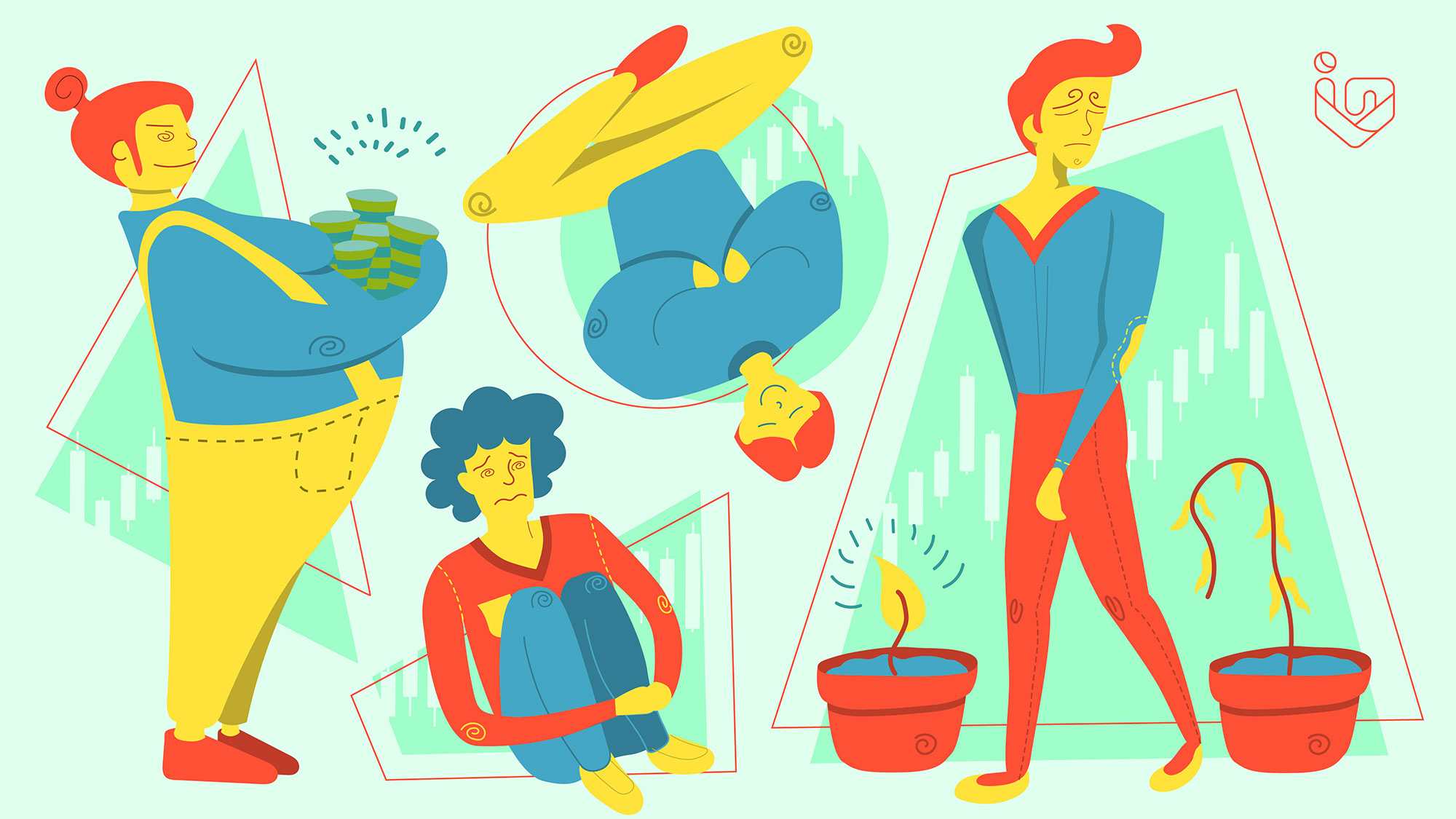During the early days, people focused on fundamental factors to make investment decisions. People wanted to see increasing earnings, sales growth, surplus profit margins, and the like. However, there were a few who realized that relying solely on fundamentals was not enough to have superior trading performance. Very few traders used Technical Analysis back in the day, the consensus thought people who make their investment decisions based on the price alone were in some sort of cult.
However, over time, more and more people began to use Technical Analysis as a means to pick and choose their investments. Soon enough, traders all over the world began focusing on price over fundamental factors. Although, there was one more factor that only in the previous three decades has been studied thoroughly; mental analysis, or what we all know as Trading Psychology.
Let us give you an example of a trader who likes knowledge in Trading Psychology. Imagine a newbie trader who’s been having a string of losing trades for the first time. The right way to handle this situation is to scale back and trade smaller as you improve your win rate. However, our newbie trader is angry at the market and decides to increase his size threefold to revenge trade his capital back. You all know what happens next, he blows up his account.
That’s what happens when we deviate from our trading plans and rules and allow our emotions to get the best of us. There are four types of emotions that have blown up countless of trading accounts since the inception of the financial markets, those emotions are: GREED, FEAR, HOPE, and REGRET.
How do you master the psychology of trading?
We’re all unique from one another, so the key to mastering your psychology in trading is to find out your own personal strengths and weaknesses.
Let’s take a look at the Four (4) deadliest emotions in trading. We’ll discuss in a separate article in more detail these four emotions, but for now we’ll enumerate them for you:
Greed
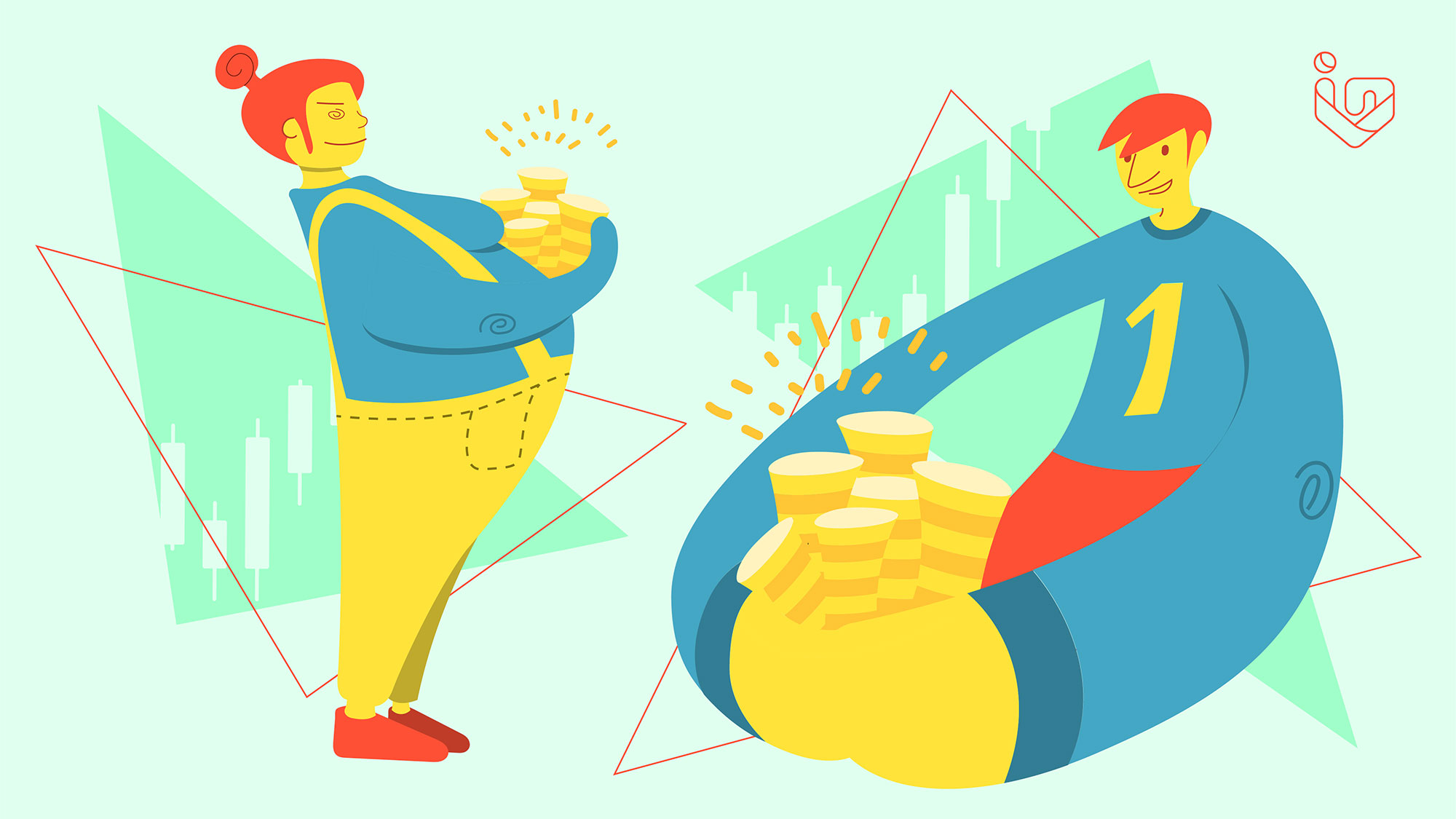
This kicks in when you gain a significant amount of profits in a position. Greed is when you tell yourself that you will not follow your exit plan as the trade exceeds your set target price and you believe that your stock will go “to the moon”.
Fear
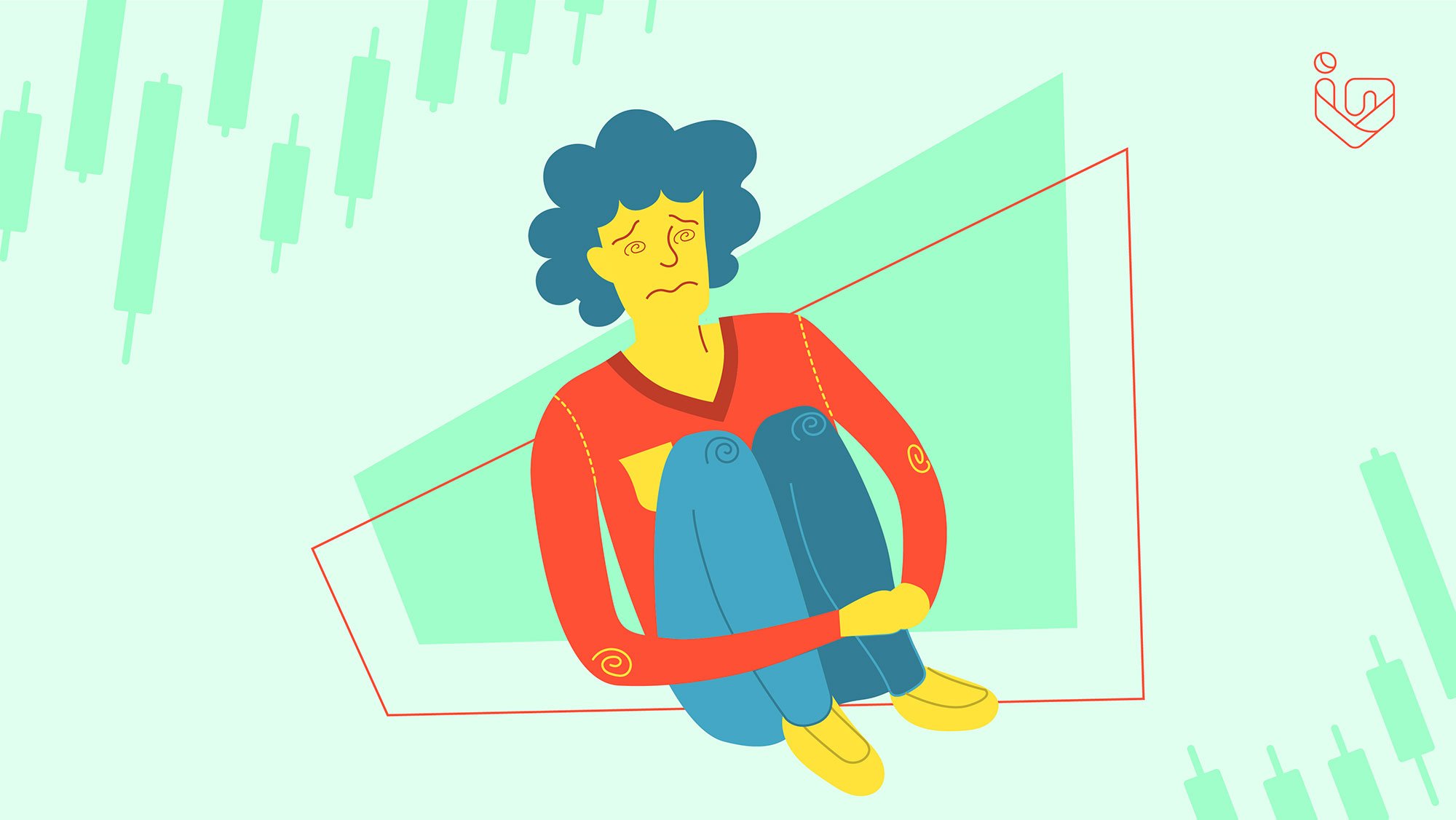
There are four types of Fear:
-
- Fear of being wrong
- Fear of losing money
- Fear of missing out
- Fear of leaving money on the table
Regret
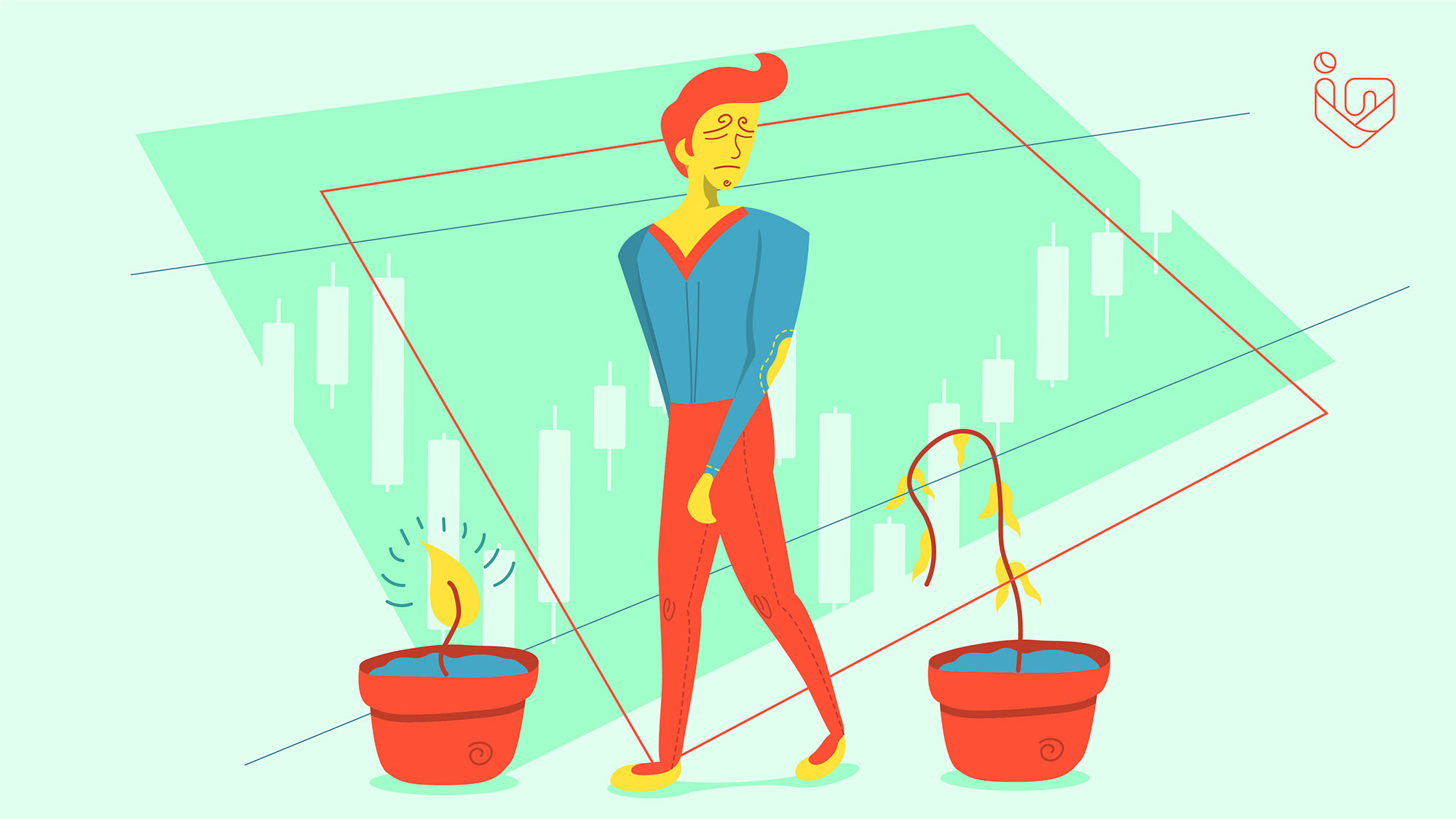
When a loss or a missed opportunity happens that results to a feeling of disappointment and sadness, a feeling of regret occurs.
Hope
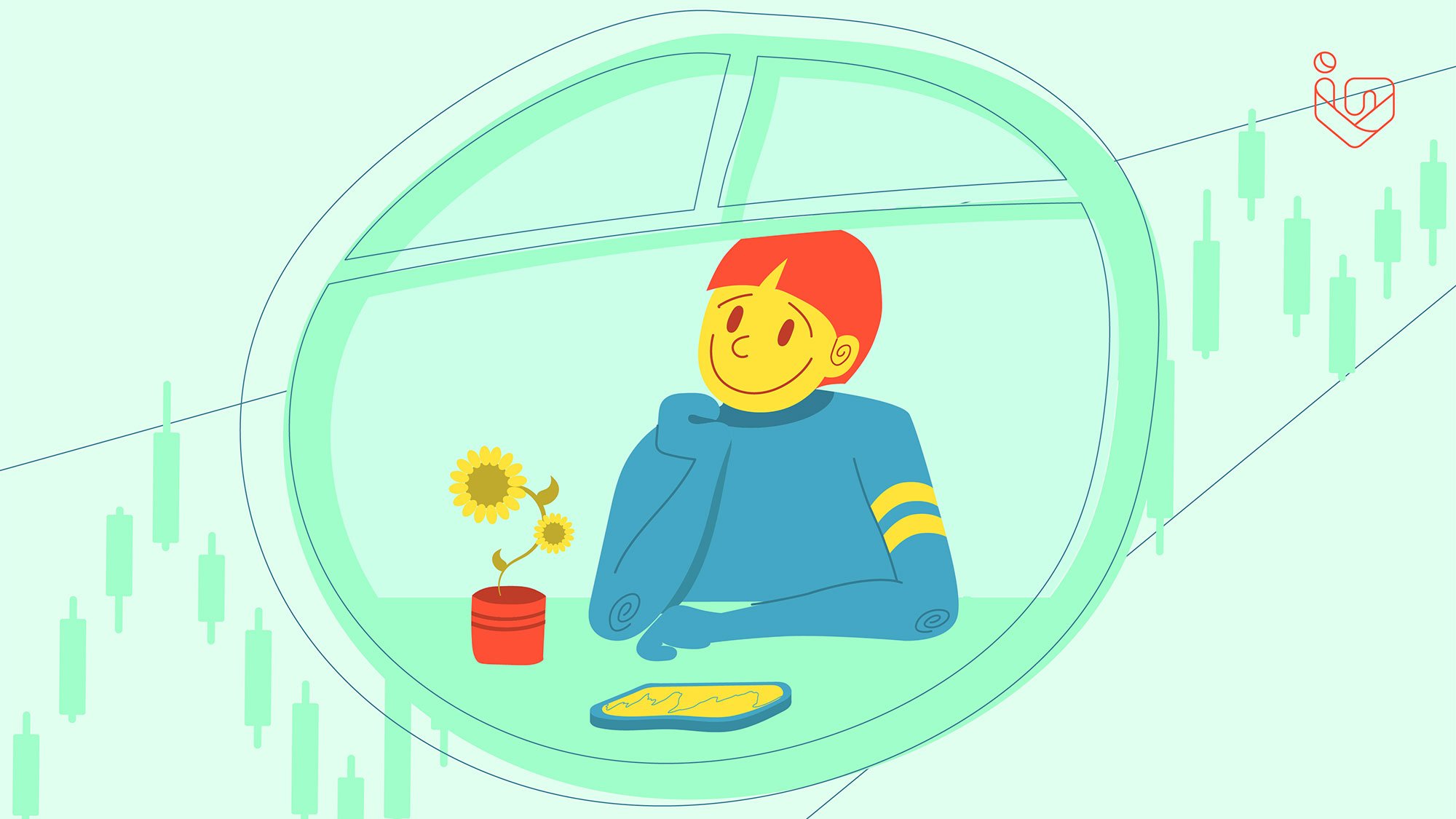
As human beings, it’s in our nature to hope when things get rough. However, hoping for a stock to recover after going below your stops has been and always will be one of the main reasons traders lose a majority of their capital.
Here are some basic points you should consider to improve your Trading Psychology:
Embrace uncertainty
There’s only one thing that’s certain in the markets: uncertainty. You have the engrain in your mind that there’s no sure-win investment. Everything that happens in the market is due to probabilities. We can’t control how the market moves, there are countless factors that are not under our control. That’s why it’s important to embrace uncertainty and focus only on the things we can control. So what are your options? If you want to be guided and get an advanced strategy in your trading, you may check out InvestaPrime and see how our features help you to make efficient smarter decisions.
Visualize your execution process
One of the practices that will benefit you as a trader is mental preparation. If you ever feel the difficulty in pulling the trigger on an opportunity or cutting your losses on a losing position, it’s due to the fact that you are not mentally prepared for the execution. Before the market opens, visualize yourself executing on your trading plans. If you do this consistently, you’ll find it easier to execute during market hours.
Treat losses as the cost of doing business
Losing money in the market can really affect your psyche. One moment a stock goes accordingly to your initial bias only to reverse and hit your stops. That hurts. But only in the beginning. You need to understand that losses are the natural consequence of trading. Even the best hedge fund managers around the world are wrong on their trading decisions 50% of the time. Treat your trading losses as if they’re expenses in your business.
Try to virtual trade
Paper trading is a good way to get a grasp of the market, especially if you’re still starting out. Most traders make the most costly mistakes in the beginning of their journeys, so it’s best you make and learn from those mistakes while trading virtually. You can always use our VTrade app to trade the Stock Market risk-free (Click here for iOS or here for Android mobile phones).
Conclusion
Mastering your trading psychology will help you seamlessly enter and exit trades without certain attachments and emotions. You will be able to execute relentlessly without hesitation or reservation on your trading plan in order to take advantage of the countless opportunities in the markets. Without the right mindset coming into the trading day, you will not be able to perform at the highest level consistently.
The topic of Trading Psychology is very broad, so it’s entire scope can’t be discussed in one or two articles. However, the basic points we’ve mentioned above are a good start to master the psychology of trading. If you want to read more about this, we would recommend the books of Mark Douglas: The Disciplined Trader and Trading in the Zone.
For those are looking for an in-depth topics on Trading Psychology, we highly recommend you to join the upcoming Trading Cup 2019 competition whereby our CEO, JC Bisnar a.k.a. Imbang Klase will provide an mentoring sessions about this via Exclusive Webinars available only for participants. Join here: http://invs.st/TradingCup2019
